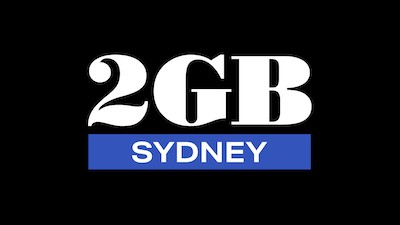Interviewing: Why it pays to listen up

It was many years ago now, but I remember it well.
A high profile politician was doing a one-on-one interview with a television journalist. It was all a bit ho-hum until the pollie decided to drop a bombshell mid-interview and mention he was resigning.
The journalist seemed so intent on sticking to his set list of questions, this juicy revelation sailed straight over his head and he ploughed on, oblivious.
The bemused pollie remarked “This is a most extraordinary interview.”
It was extraordinary alright. He’d just given a journo what was possibly the biggest scoop of his career, and he’d completely missed it.
To me, this kind of awkward interaction highlights the difference between listening and waiting for your turn to speak.
In 2015, veteran radio broadcaster Kevin Hillier spoke to Radio Today about the ‘two ears, one mouth’ approach to interviewing: Listen twice as much as you speak.
He said then: “Anyone can ask someone a bunch of questions and call it an interview. Good for you. But that’s not an interview, and for those in radio, that should never, ever be the premise.”
It’s a philosophy backed by fellow radio veteran and 2CH breakfast announcer Tim Webster, who this week shares his interview advice with Radio Today:
“Don’t just go through your list of questions and not listen to your interviewee’s response. Invariably they’ll say something that could take the conversation in another more interesting direction.”
ABC News and local radio presenter Laura Tchilinguirian agrees, telling Radio Today:
“I’ve been given some great advice over the years about conducting interviews – the most important thing for me is to listen. Listen to what the person is saying and the next question will always come. It’s good to be organised and do your research too.”
Laura suggests keeping questions short and to the point. “Don’t waffle. It’s not about what you know, it’s about what your guest knows.”
Which brings us to this point: It’s not all about you.
In the seven years since he first spoke about the art of the interview, Kevin says he’s noticed what appears to be a new trend: Interviewers inserting THEMSELVES into the story.
He tells Radio Today “There is a huge difference between relating to someone’s story and hijacking it, or even worse, trying to top it.”
“Is it ego? is it laziness? Talking about yourself requires less effort than researching your guest, listening to their album, watching their show or reading their book.”
For me personally, interviewing became a whole lot easier when it dawned upon me that no matter how high-profile someone might be, at the end of the day we’re all just people, doing regular, mundane, people-type things. When you start putting people up on pedestals, you set yourself up to feel intimidated. Don’t!
Just listen. And go with the flow. Because if you’ve done your research, you’ll be OK.



Ask the question/s and shut-up.
The mighty pause, the gap, if you don’t talk, the guest will.
Don’t ask the obvious, as others have said “listen’.
Ask Why? When? How?
There is an art to the interview, part of that art is making it a conversation.
Be genuine, honest, ethical and enjoy and learn from each experience.